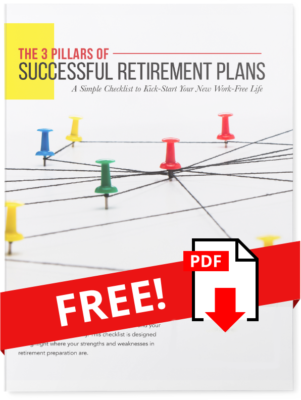 Exchange Traded Funds (ETFs) have been attracting more and more attention in recent months. CNN Money recently published a detailed article titled “ETFs: Why so complicated?” which discussed how ETFs can be used and abused. I strongly agree with the article’s primary point: The key to success with ETFs is careful management. It’s no mystery why ETFs are gaining in popularity. They have some obvious advantages:
Exchange Traded Funds (ETFs) have been attracting more and more attention in recent months. CNN Money recently published a detailed article titled “ETFs: Why so complicated?” which discussed how ETFs can be used and abused. I strongly agree with the article’s primary point: The key to success with ETFs is careful management. It’s no mystery why ETFs are gaining in popularity. They have some obvious advantages:
- Diversity. They offer access to niche indexes and asset classes that is otherwise unavailable.
- Low Cost. The fees are considerably lower than those for traditional managed funds.
- Agility. ETFs are nimble. You can trade them like stocks.
But there are some drawbacks to ETFs:
- Many ETFs have little or no track record. Because they are new (many have been around for three years or less), they often project results based on back-tested data rather than actual market performance over time.
- Some of the newer funds focus on foreign or very exotic niche markets in which neither investors nor their advisors have experience. This can lead to poor trading decisions based on inadequate information. It also can encourage outsourcing to specialized ETF management firms who, in turn, are not necessarily transparent about what they do and how much it costs.
- Because they can be traded more easily than traditional funds, it can be tempting to trade in and out of the market much too often. This can drive up costs and produce results no better than a low-turnover strategy.
In the end, how an ETF is selected and managed will spell the difference between success and failure. ETFs might very well have a role to play in your portfolio, but any ETF selected should have a solid, fact based performance history and should cover an asset class that your advisor understands. The objective should be to hold the asset for a while rather than to trade regularly. This will keep transaction costs down and allow time for market trends to confirm the wisdom of the choice.
To read the CNN Money article in full, click here: ETFs: Why so complicated?


Leave a Reply
You must be logged in to post a comment.